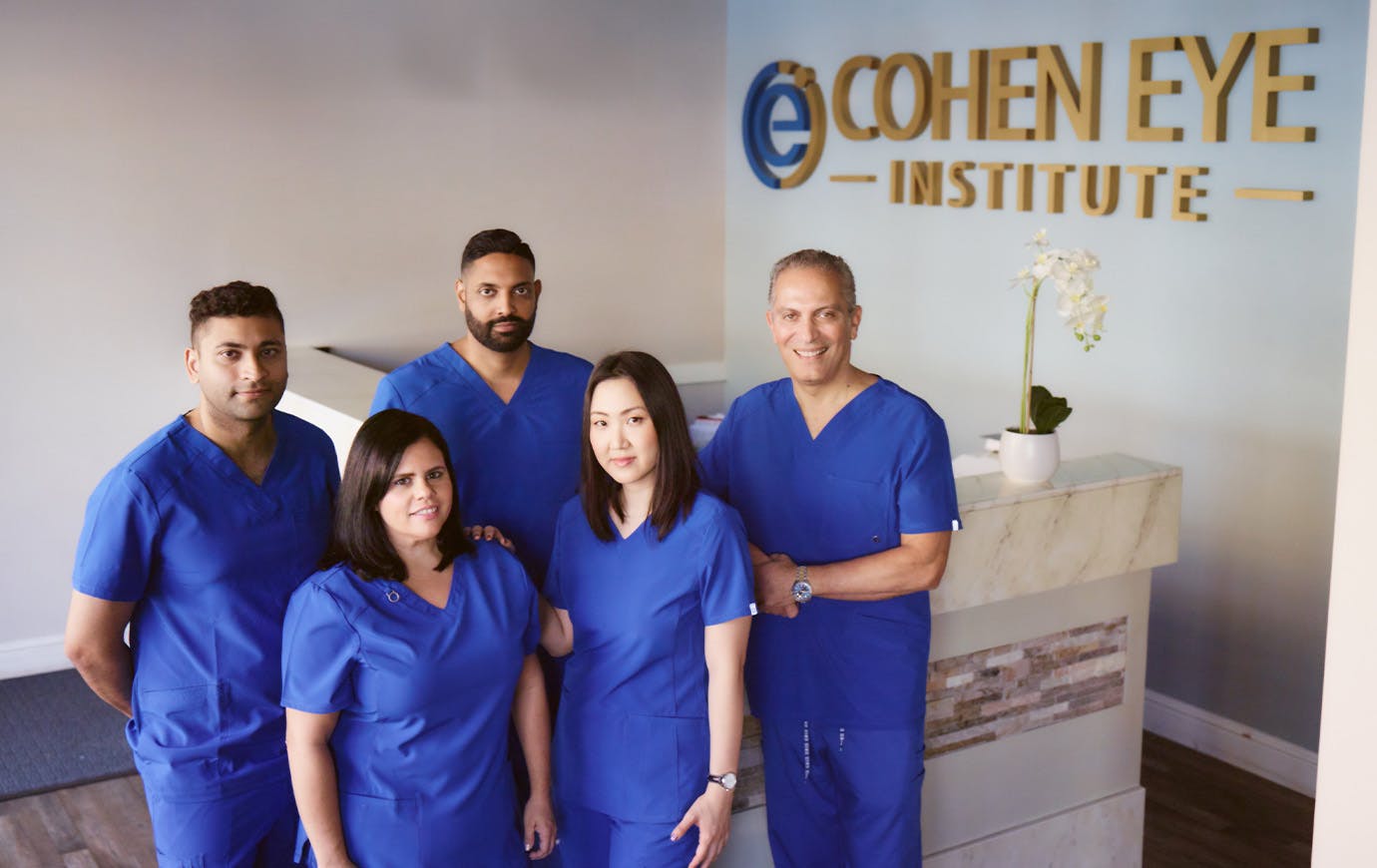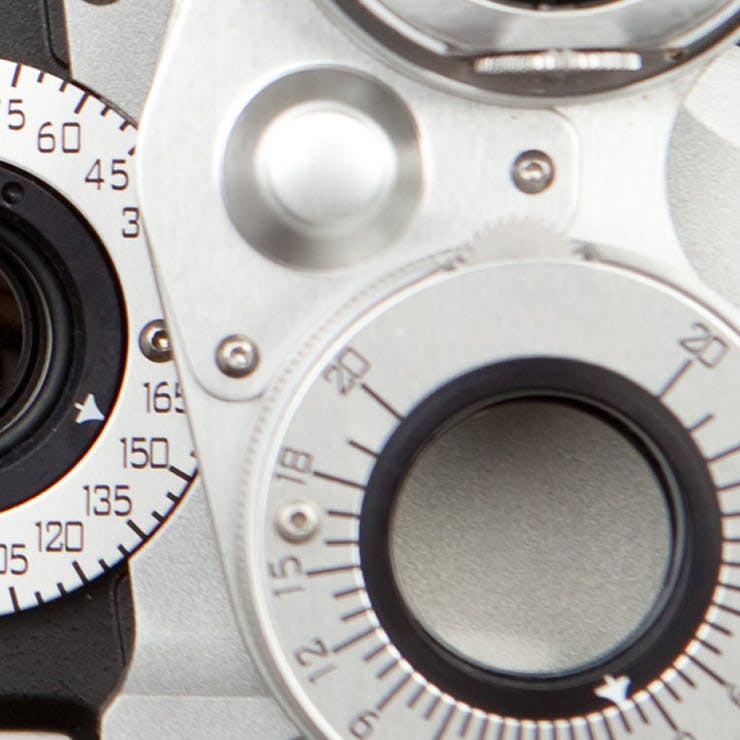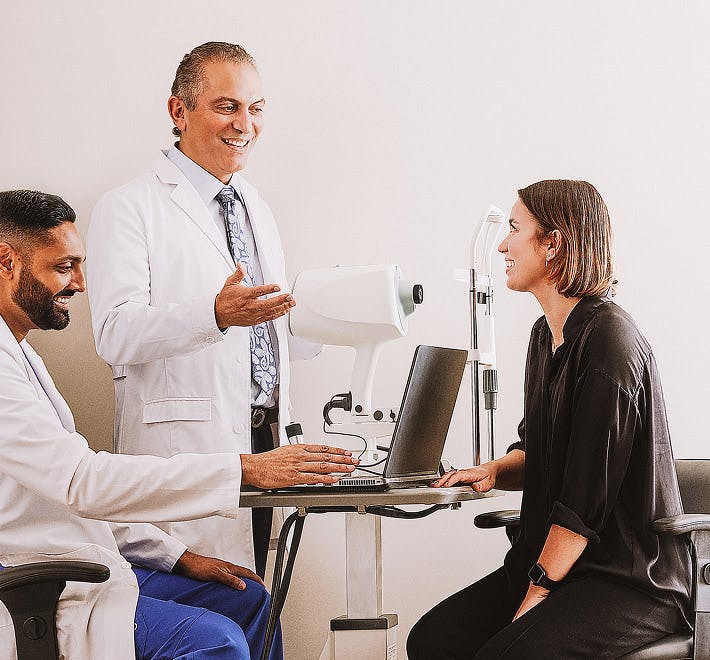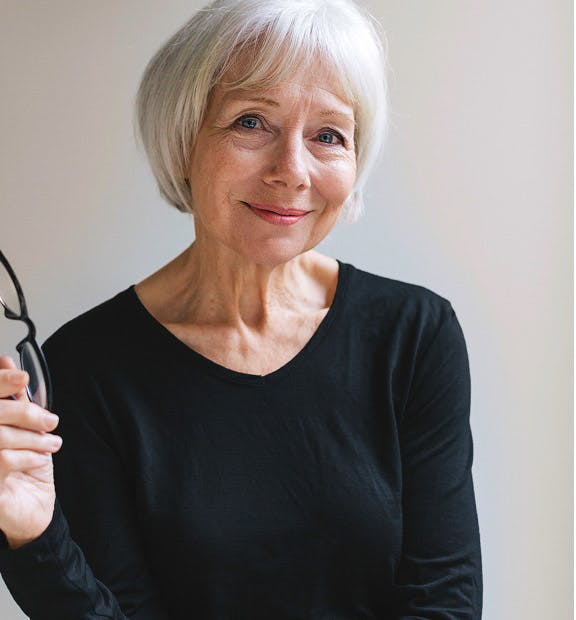Presbyopia treatment in Queens offers a modern solution to regain crisp near vision.
What Is Presbyopia?
Presbyopia is an age-related condition where the eye's natural lens loses elasticity, making it harder to focus on near objects. This gradual decline in accommodative power means reading or detailed work becomes more challenging.
Unlike refractive errors that affect distant vision, presbyopia primarily affects your ability to see things up close. It typically becomes noticeable in the early to mid-40s and progresses slowly, impacting daily activities such as reading, using smartphones, or performing precise tasks. Early recognition and intervention are key to managing this natural part of aging.












